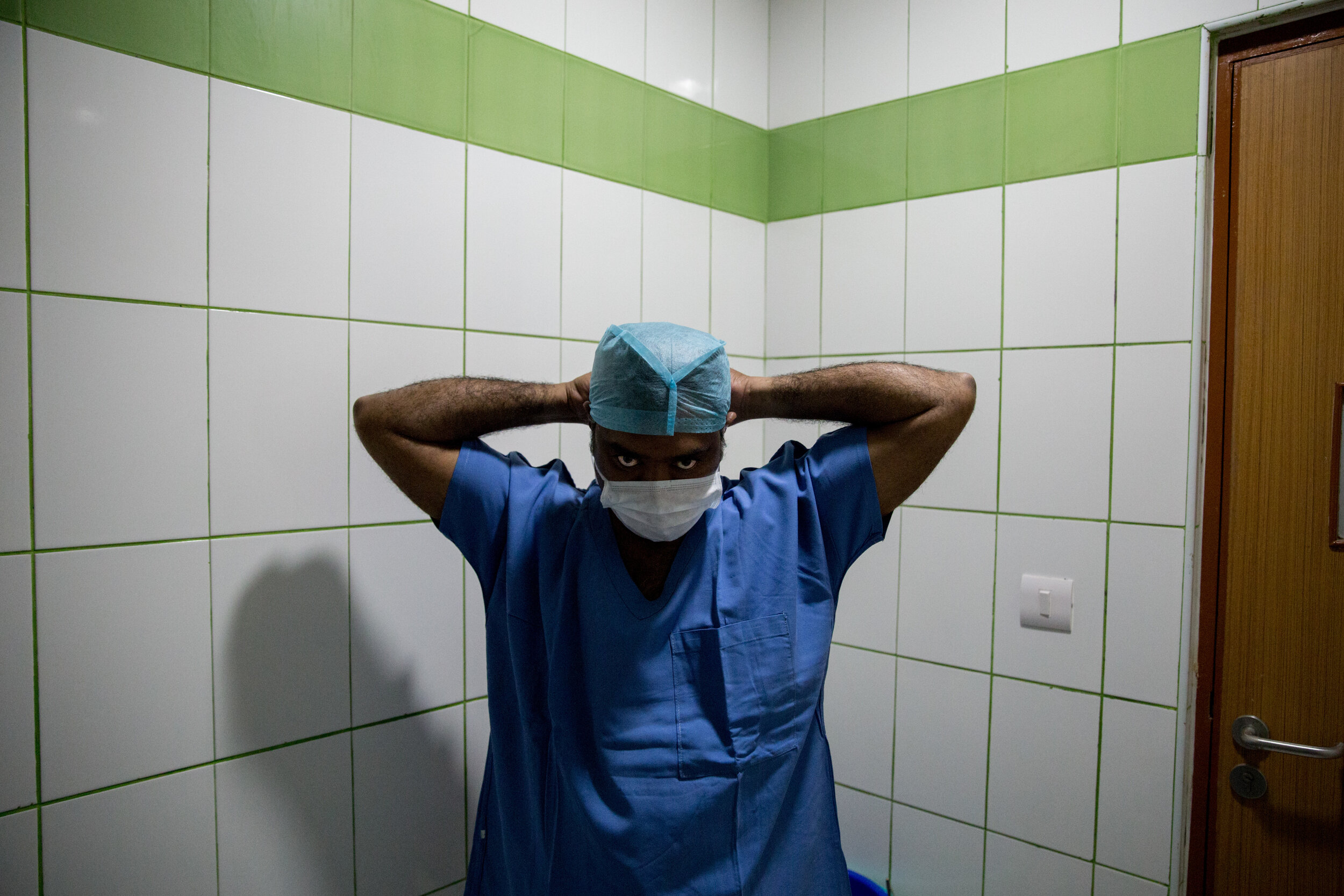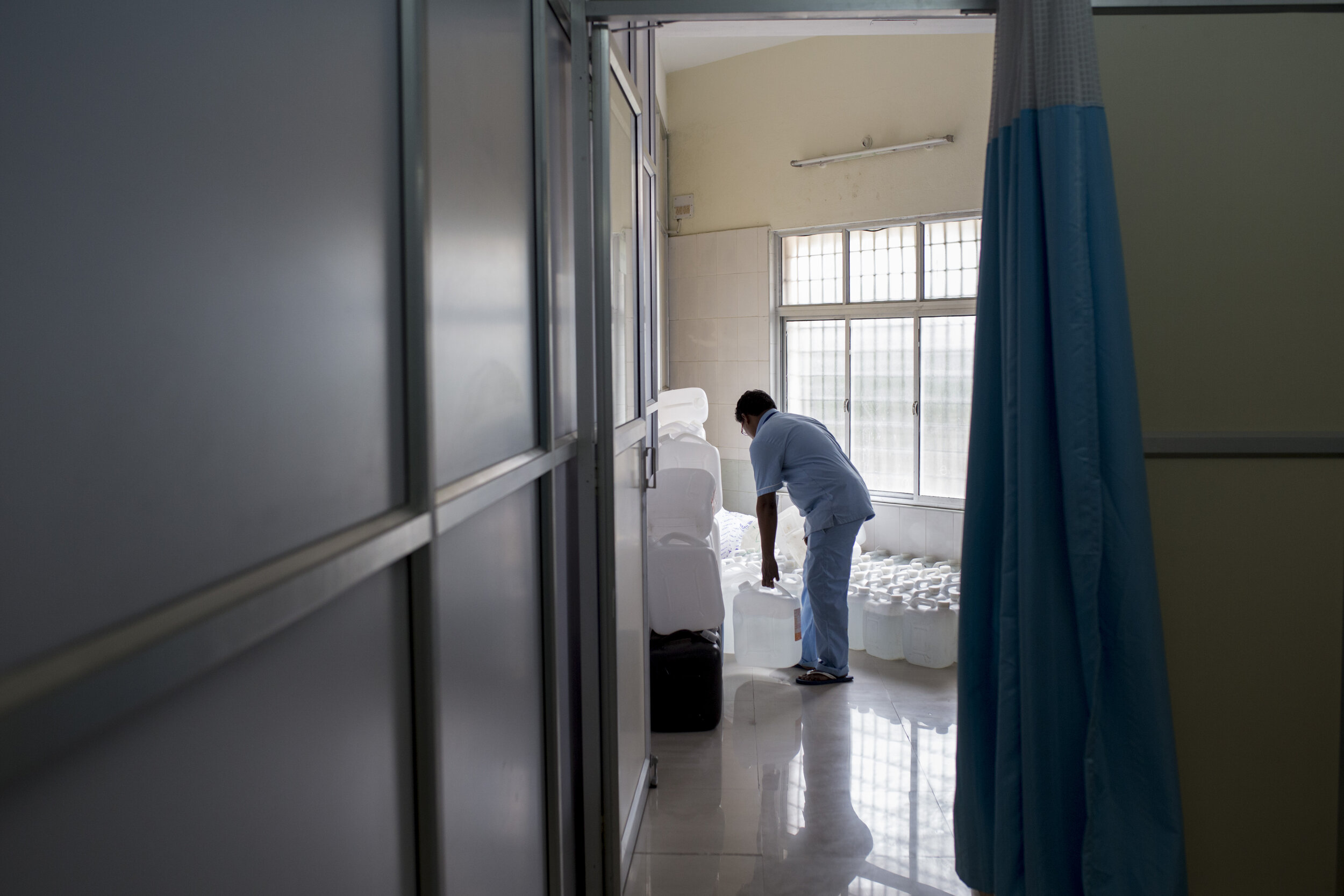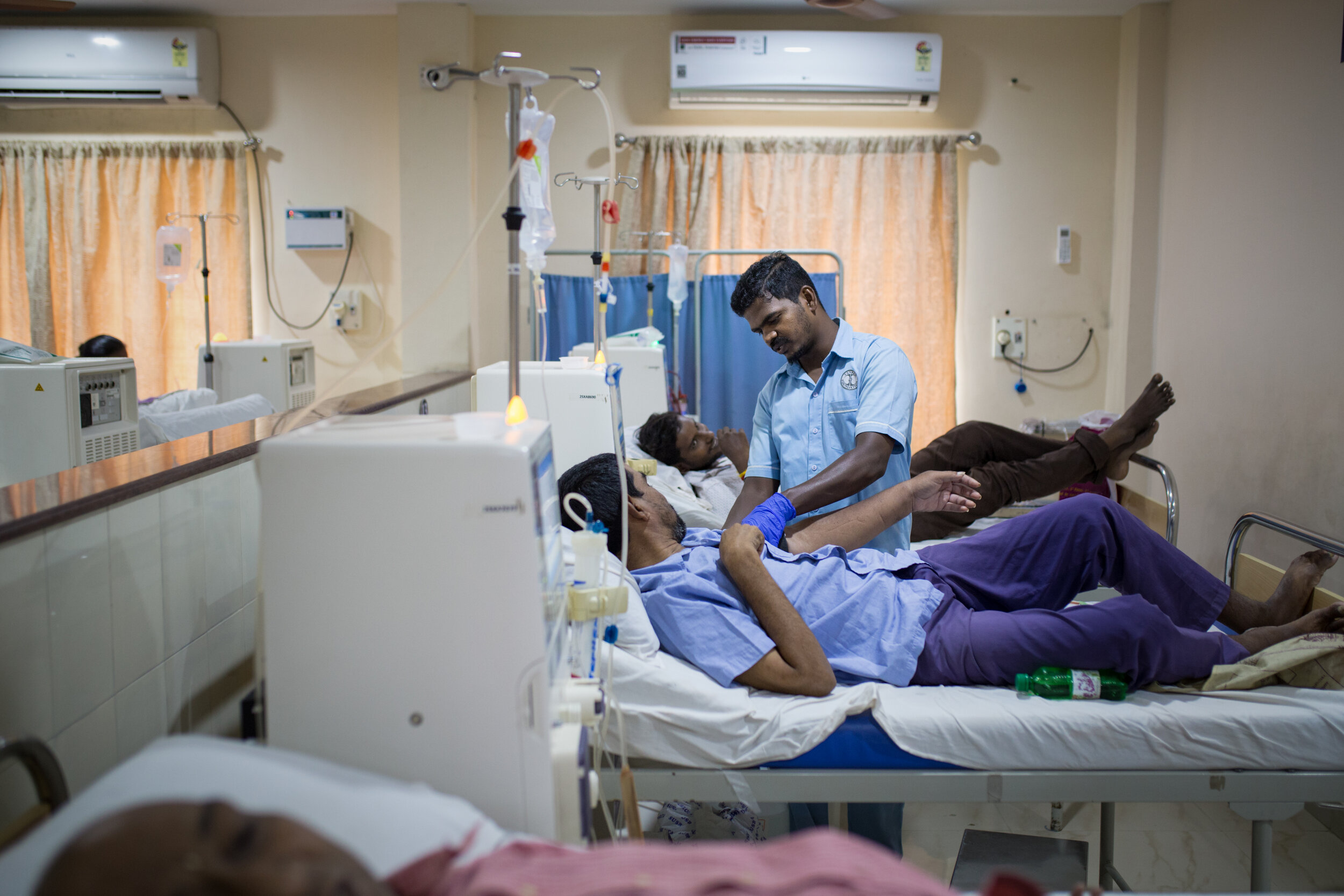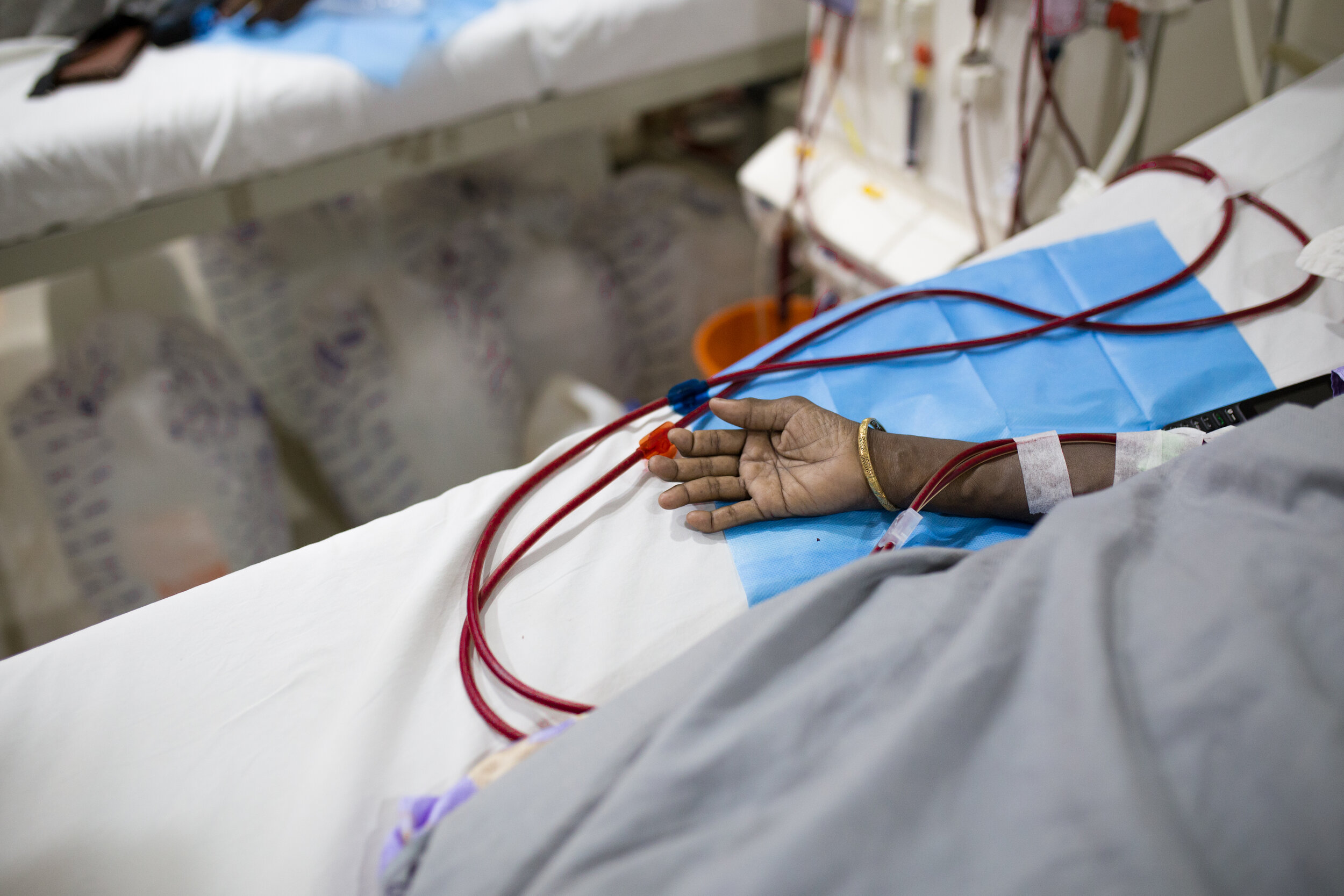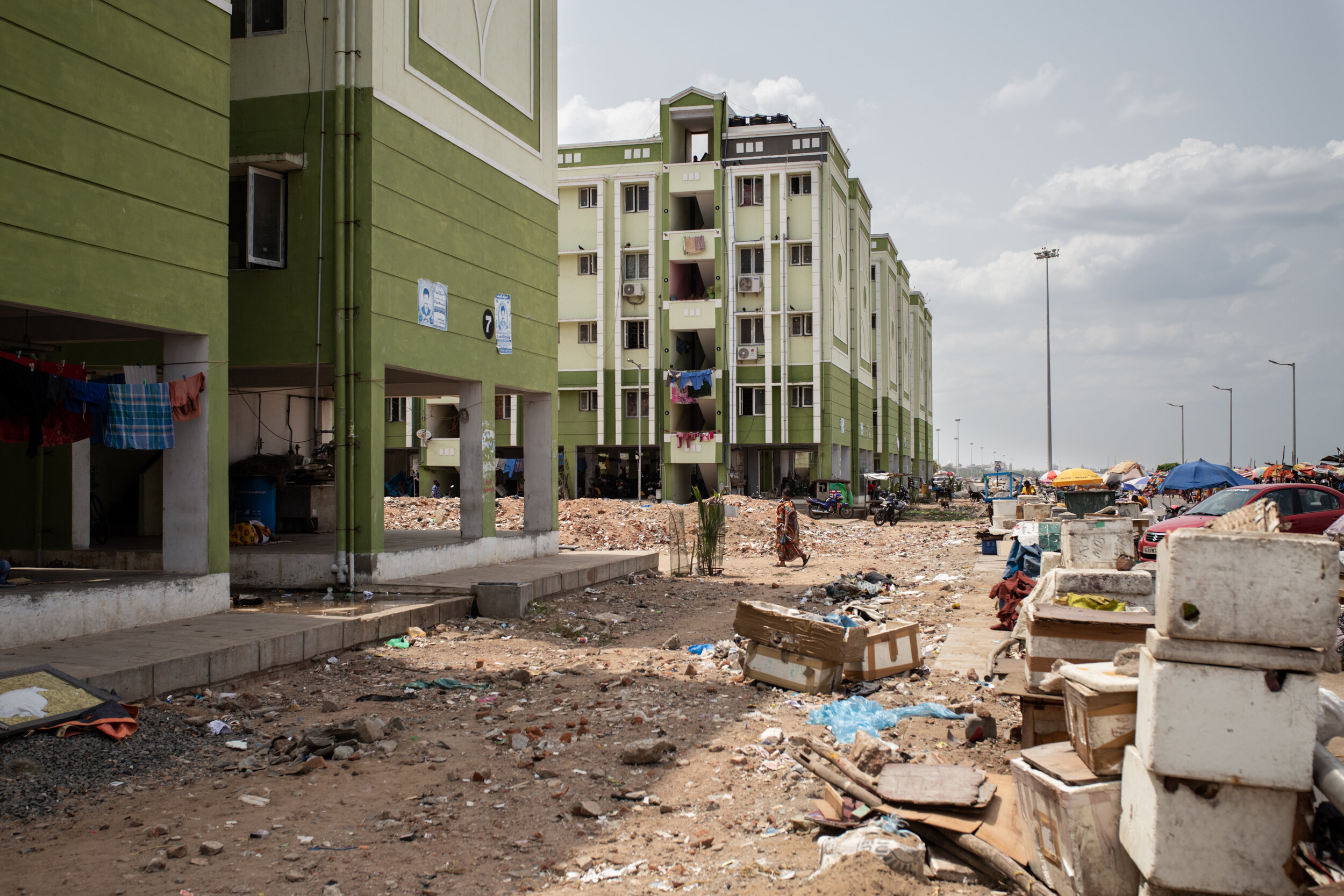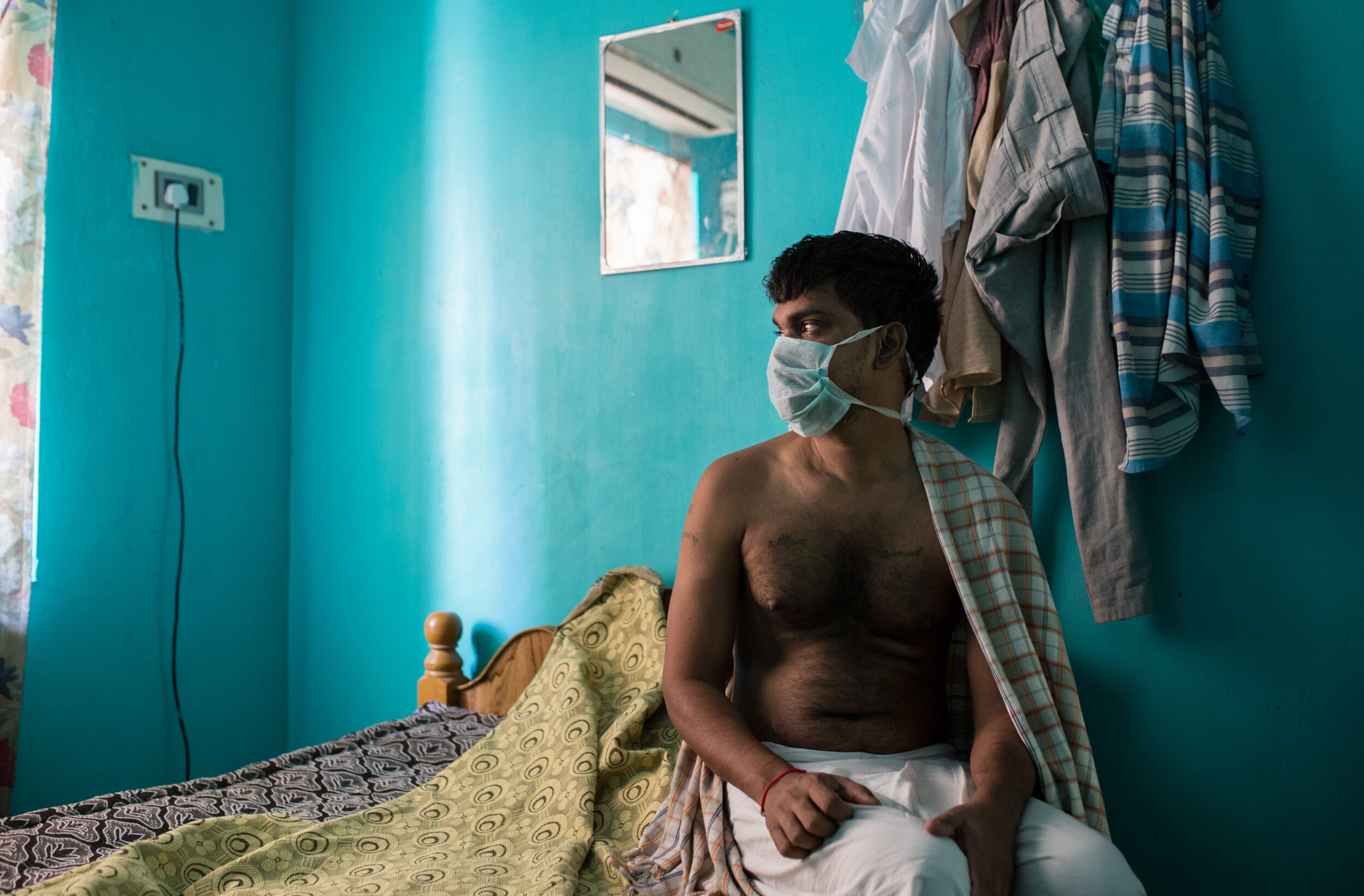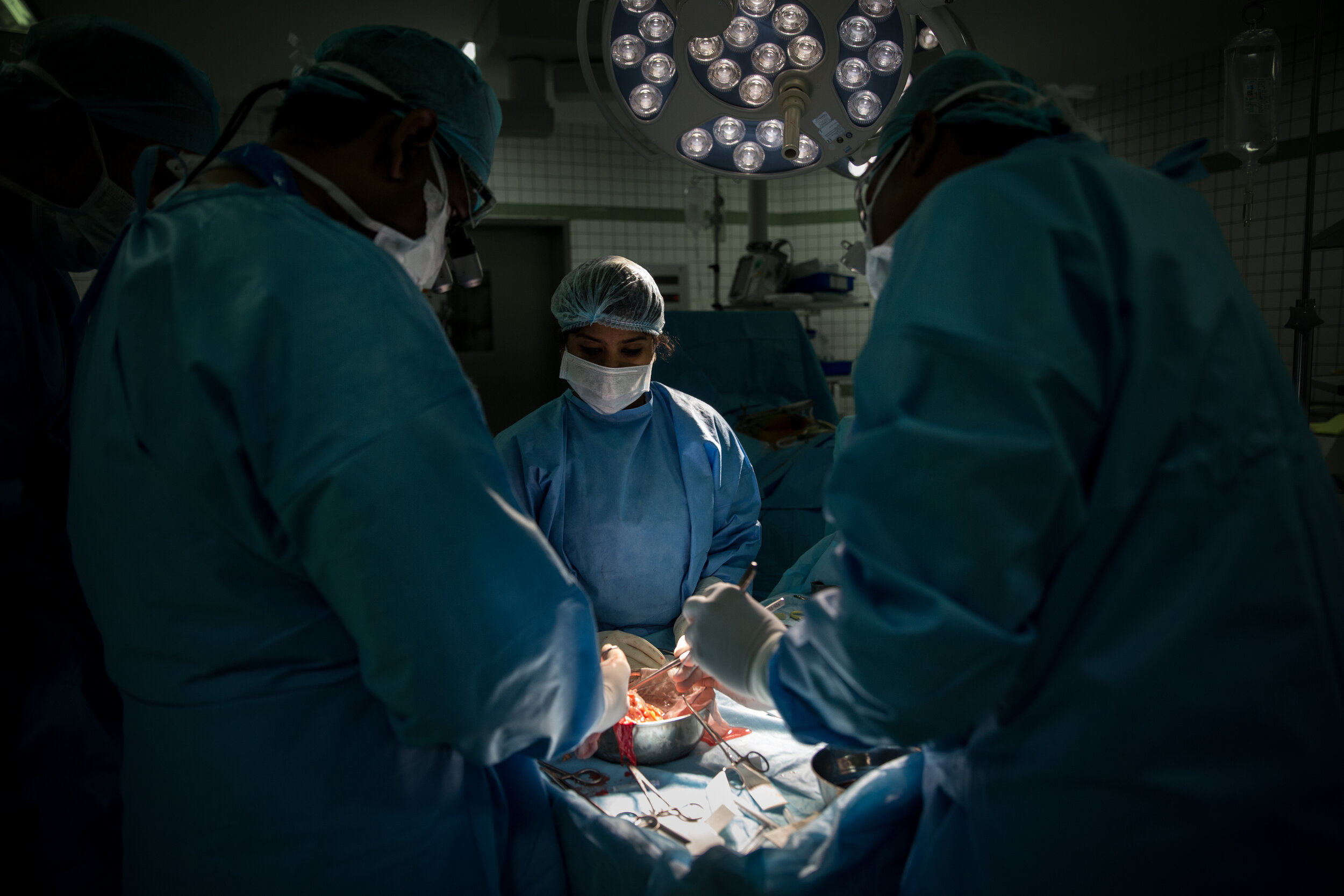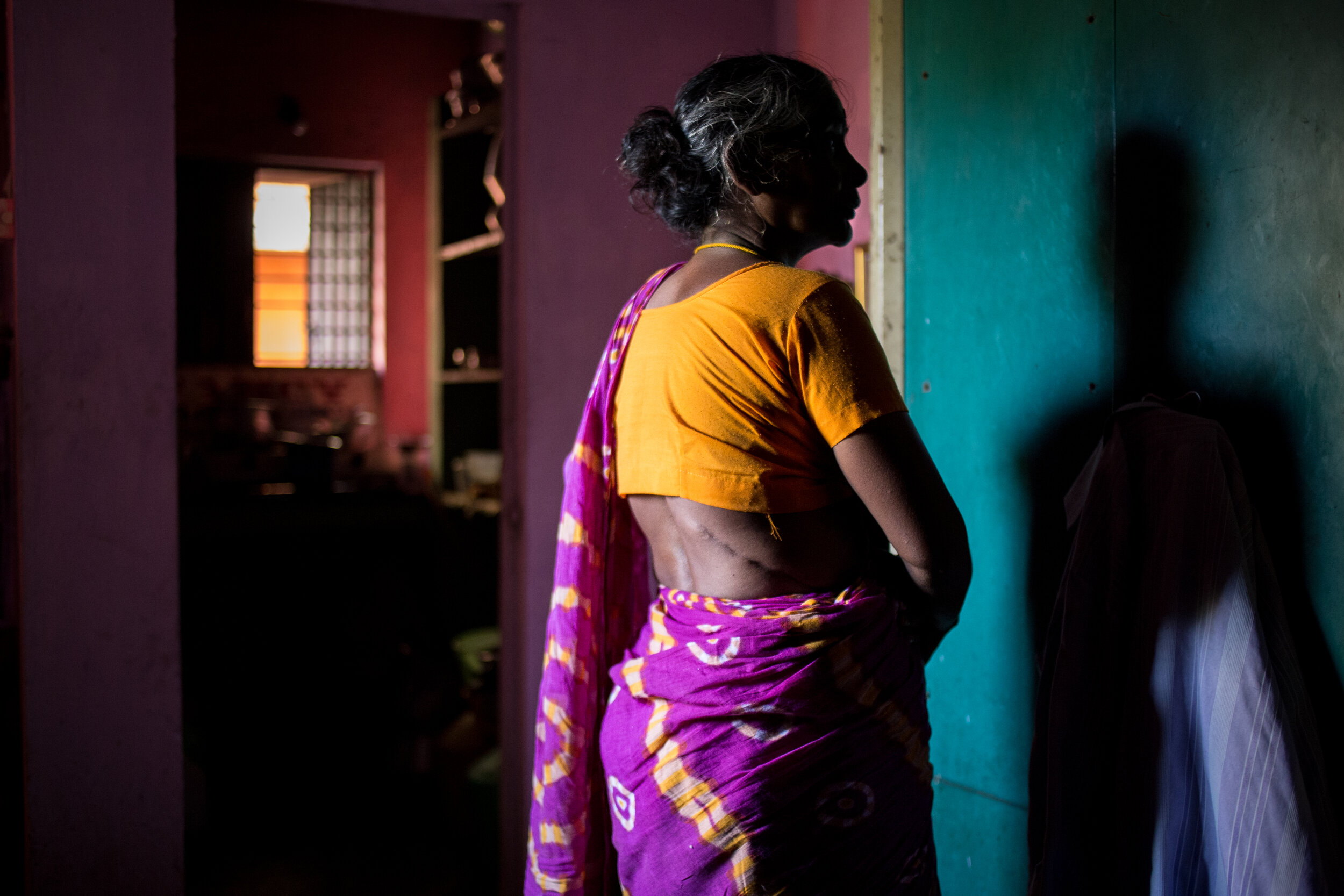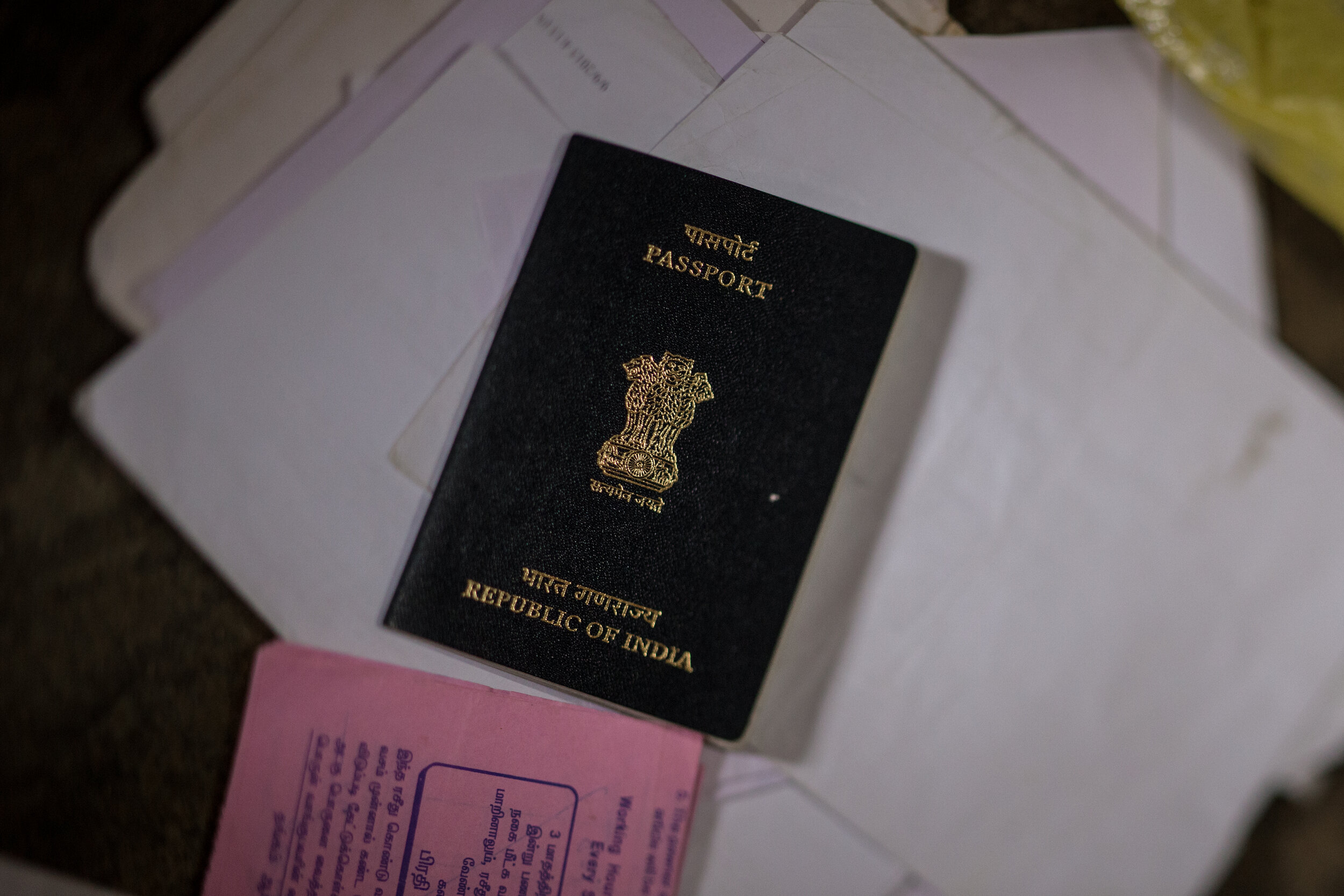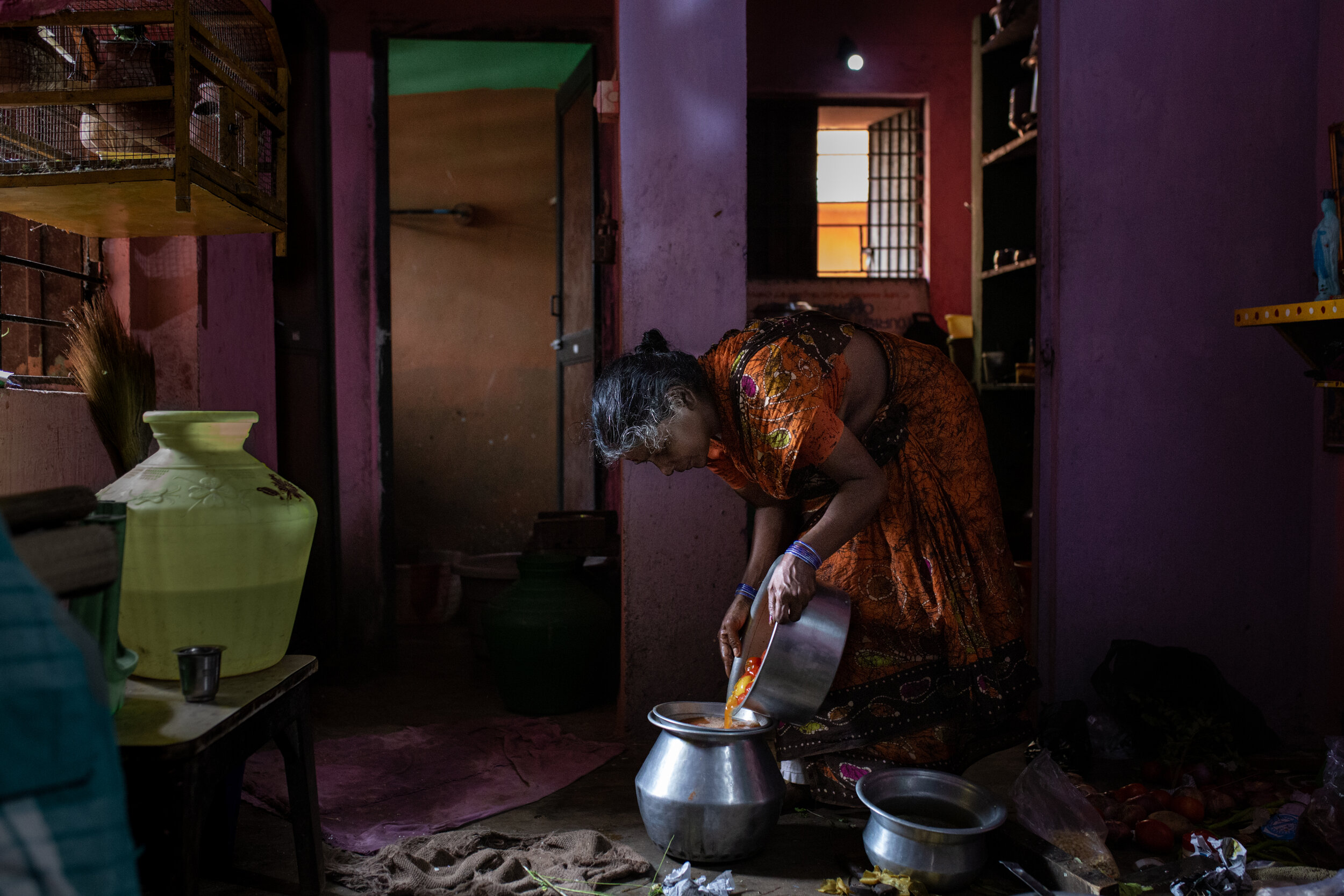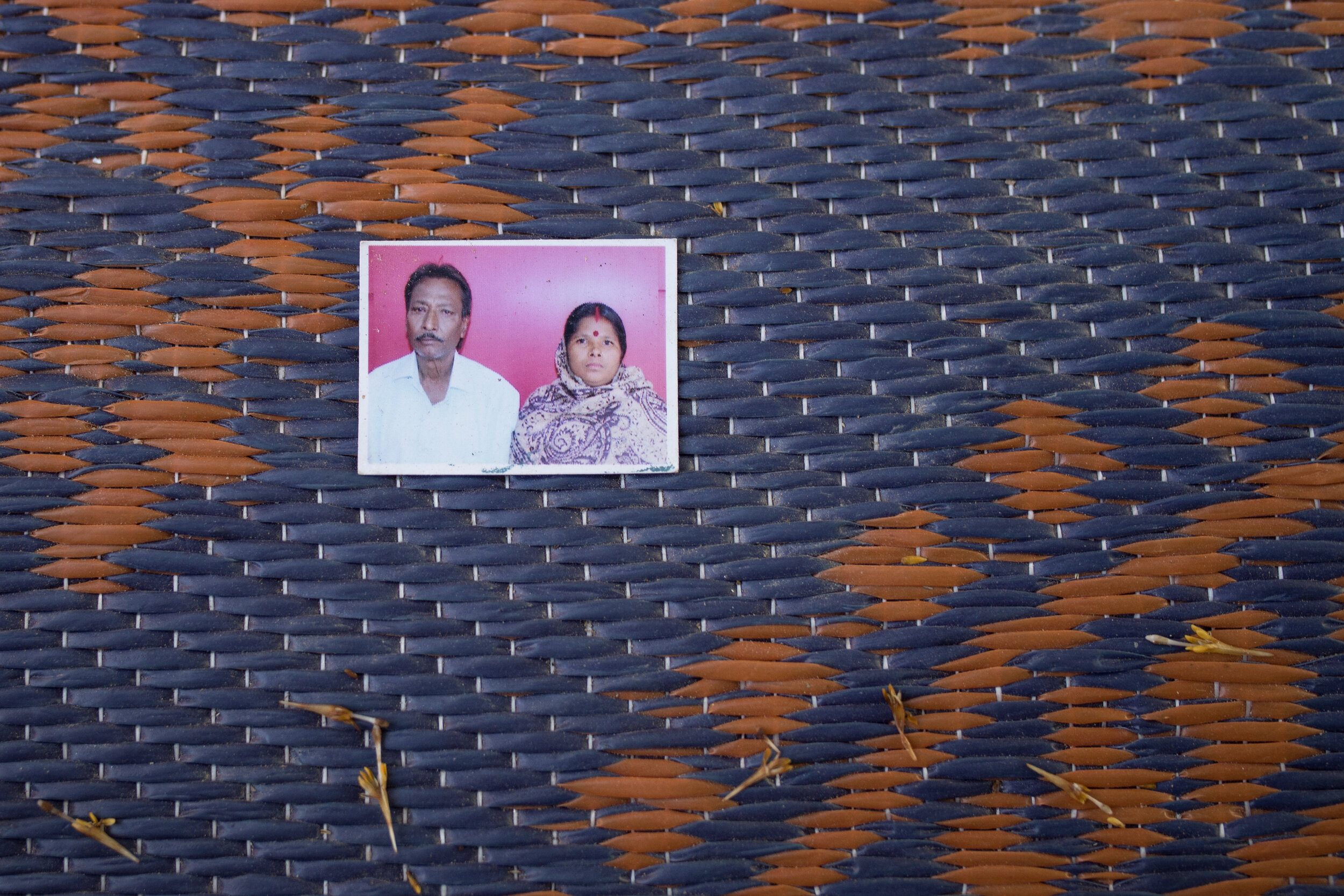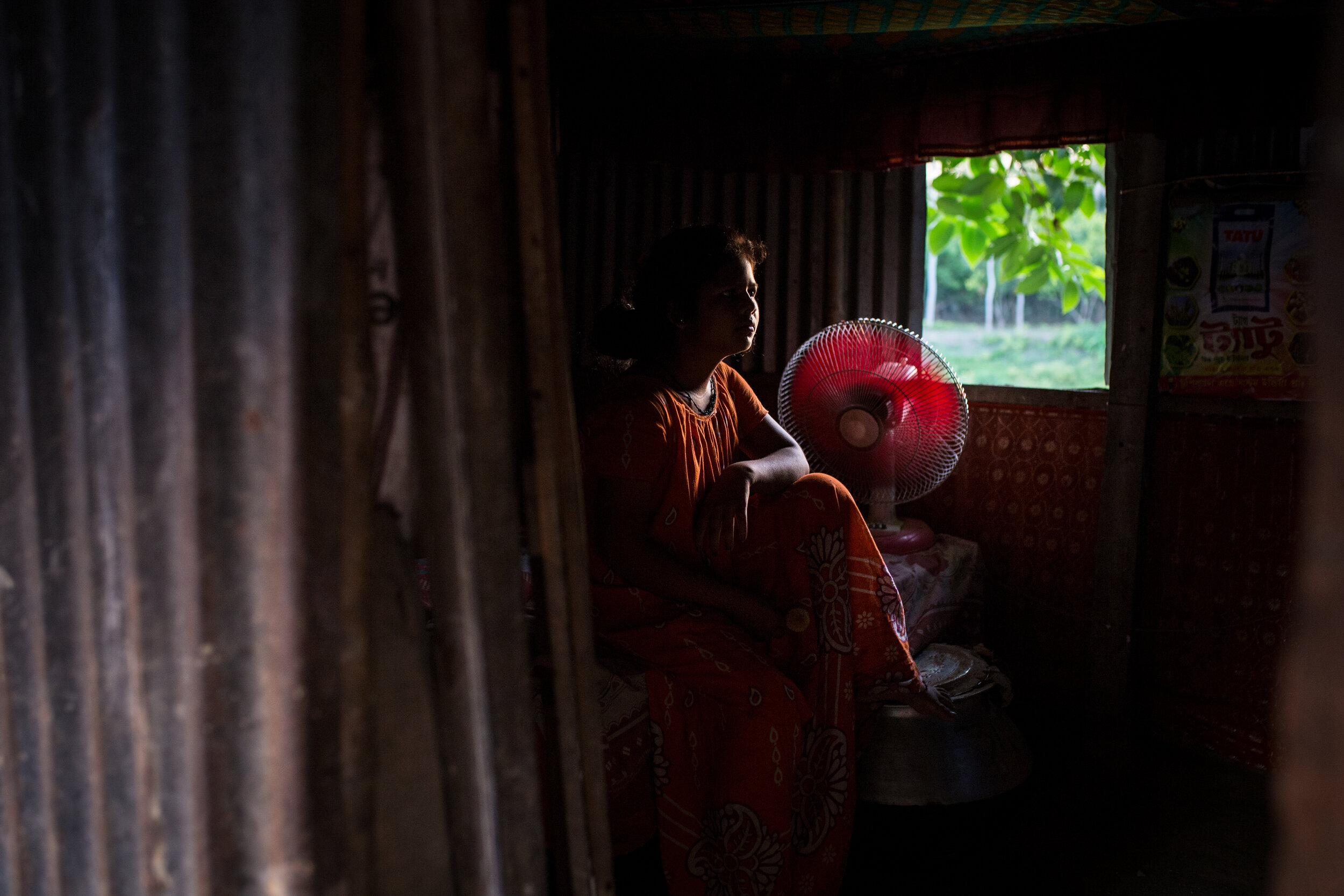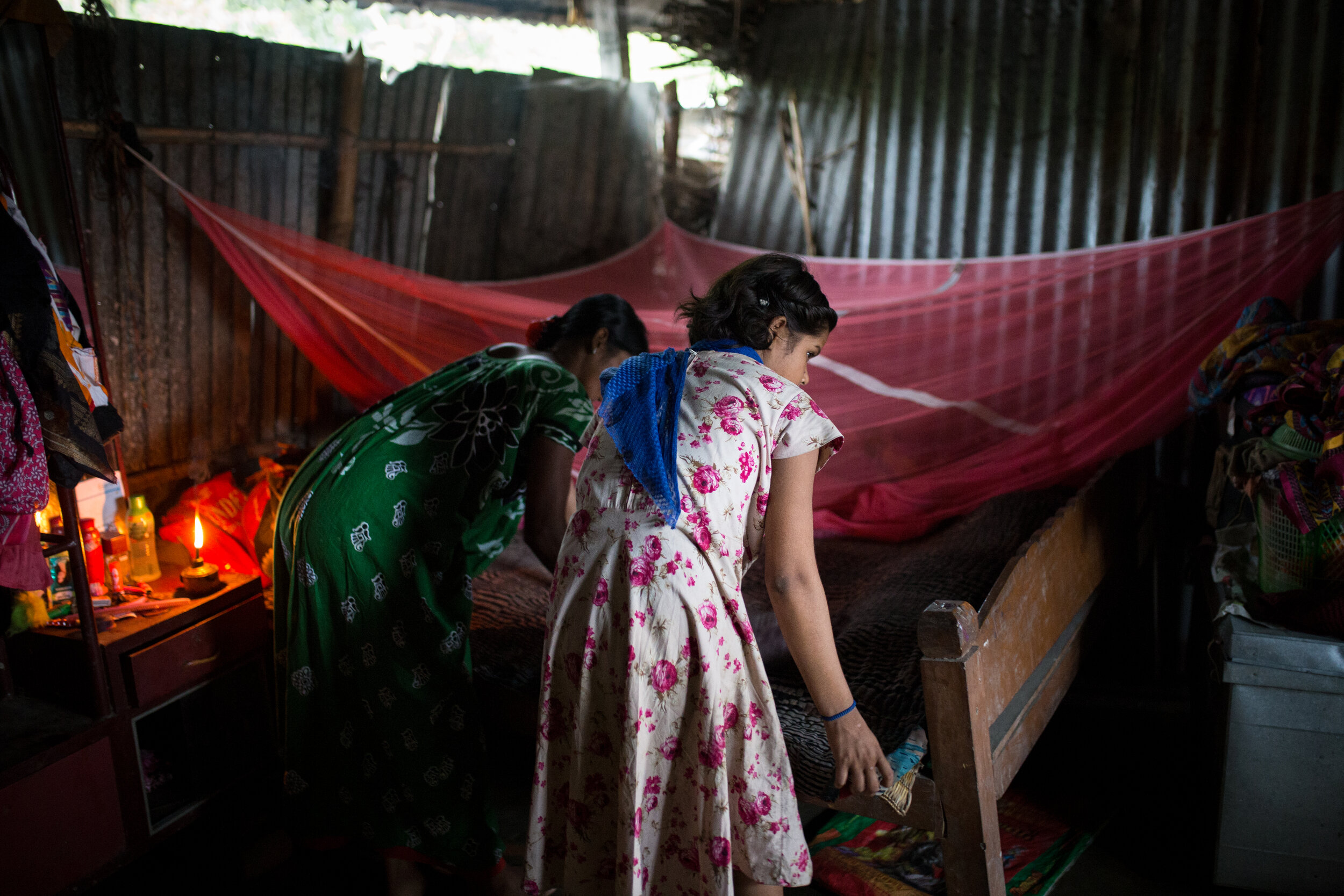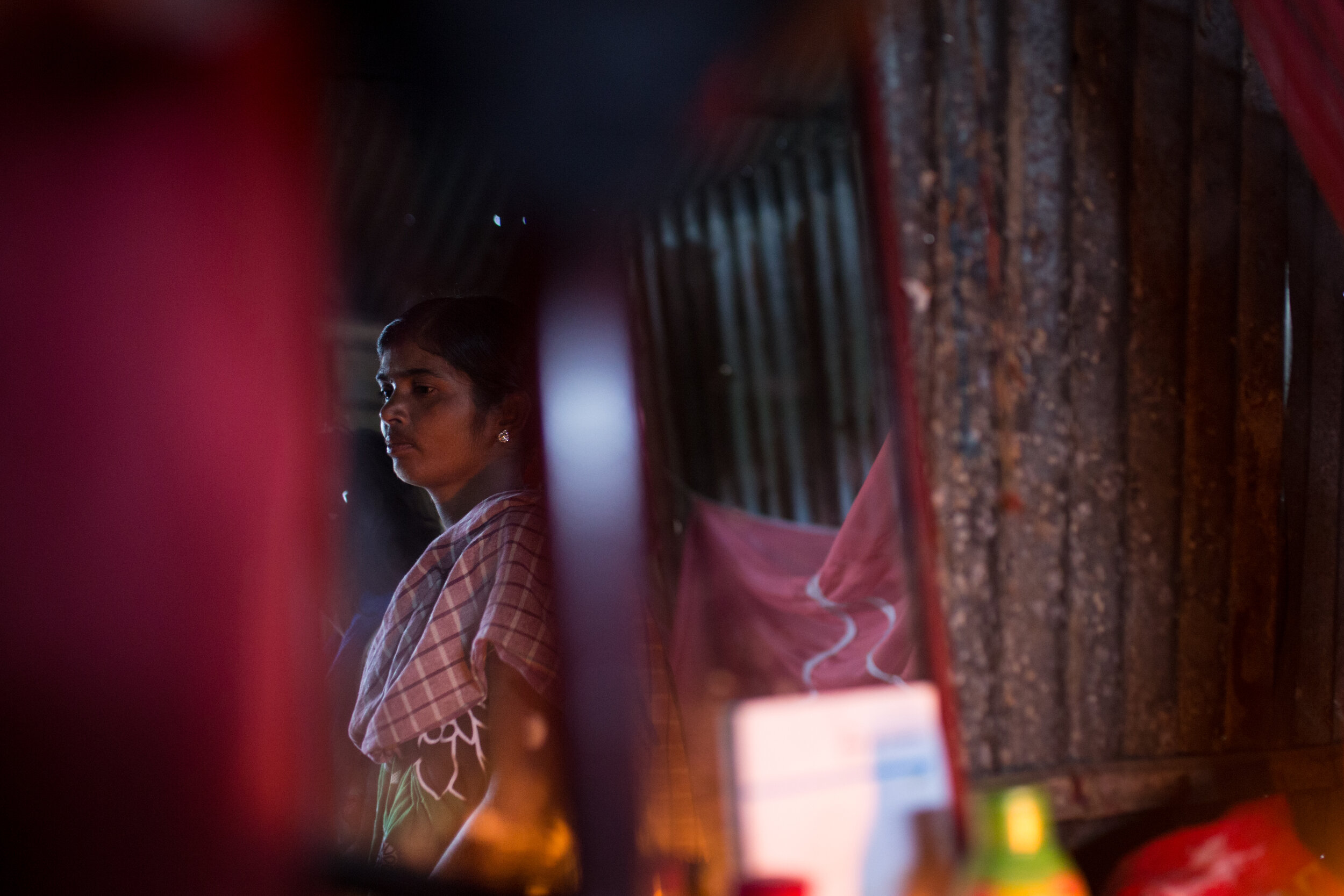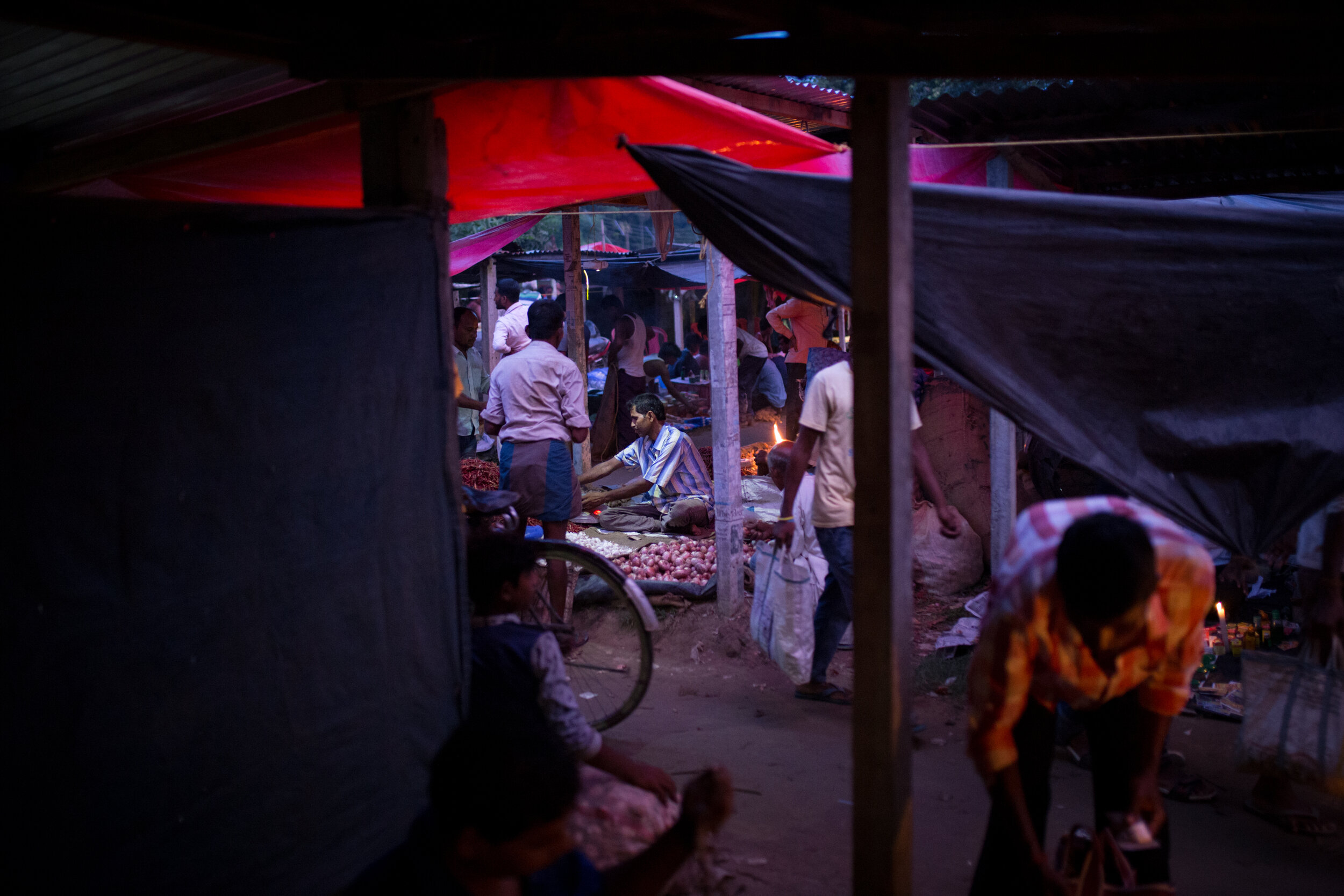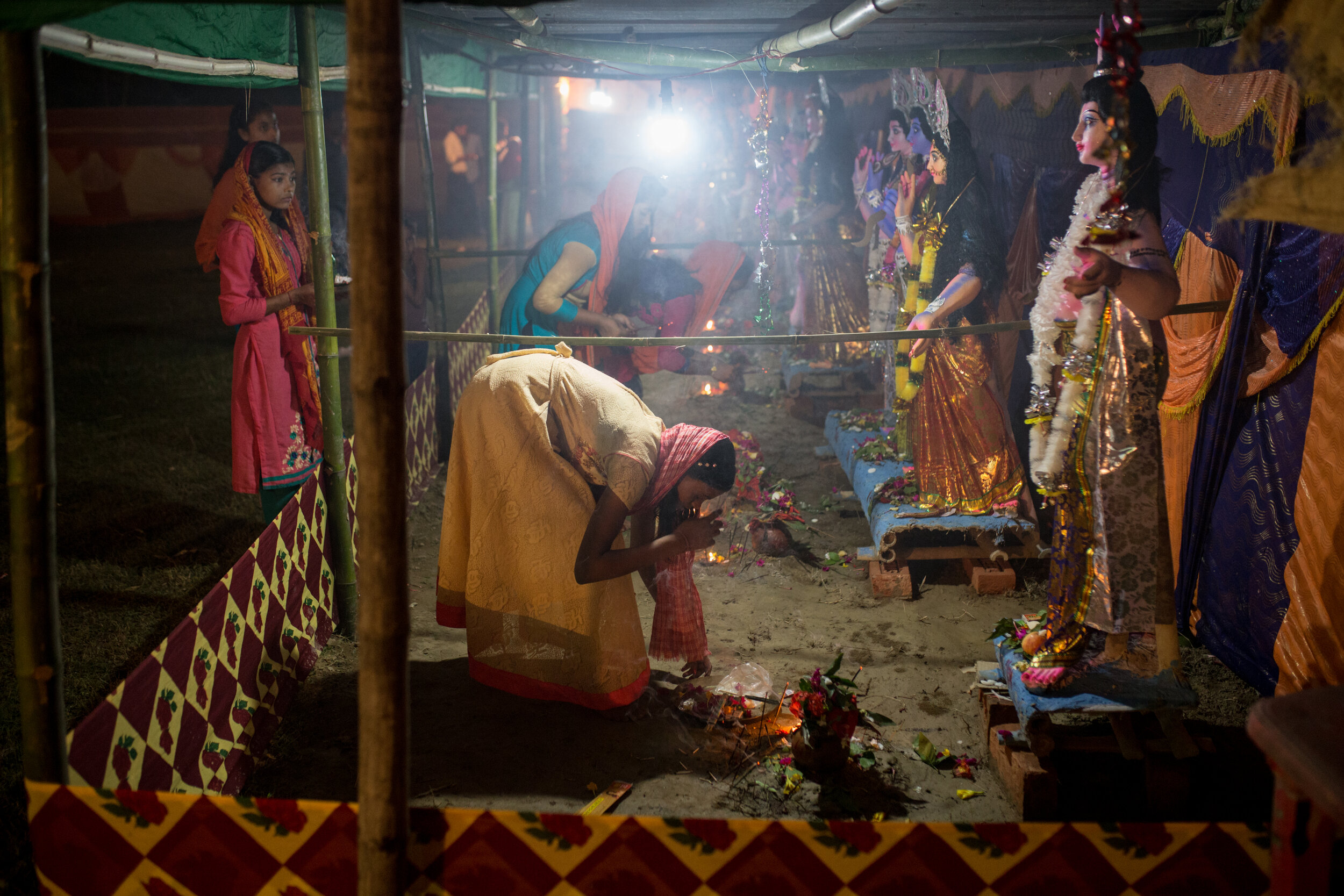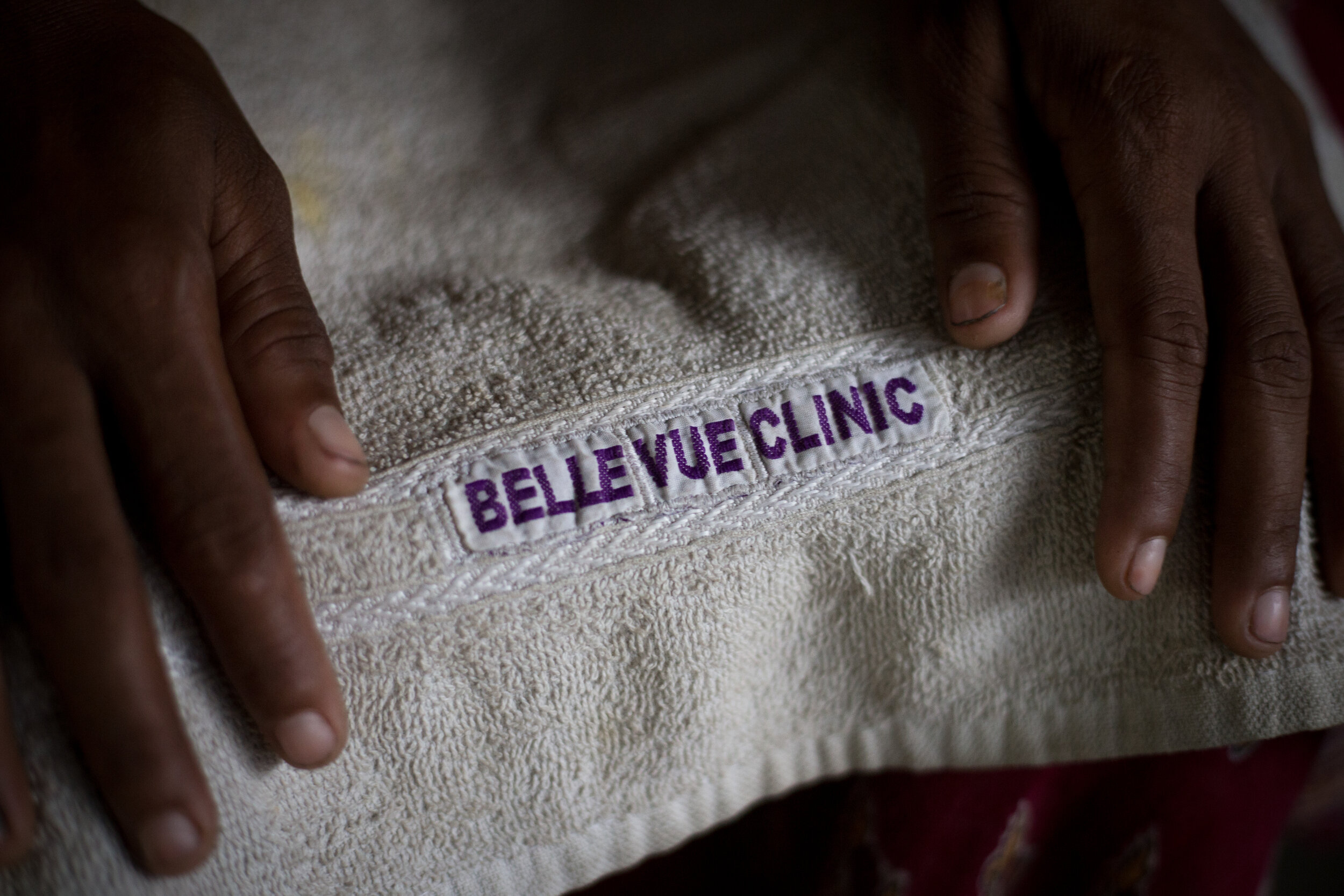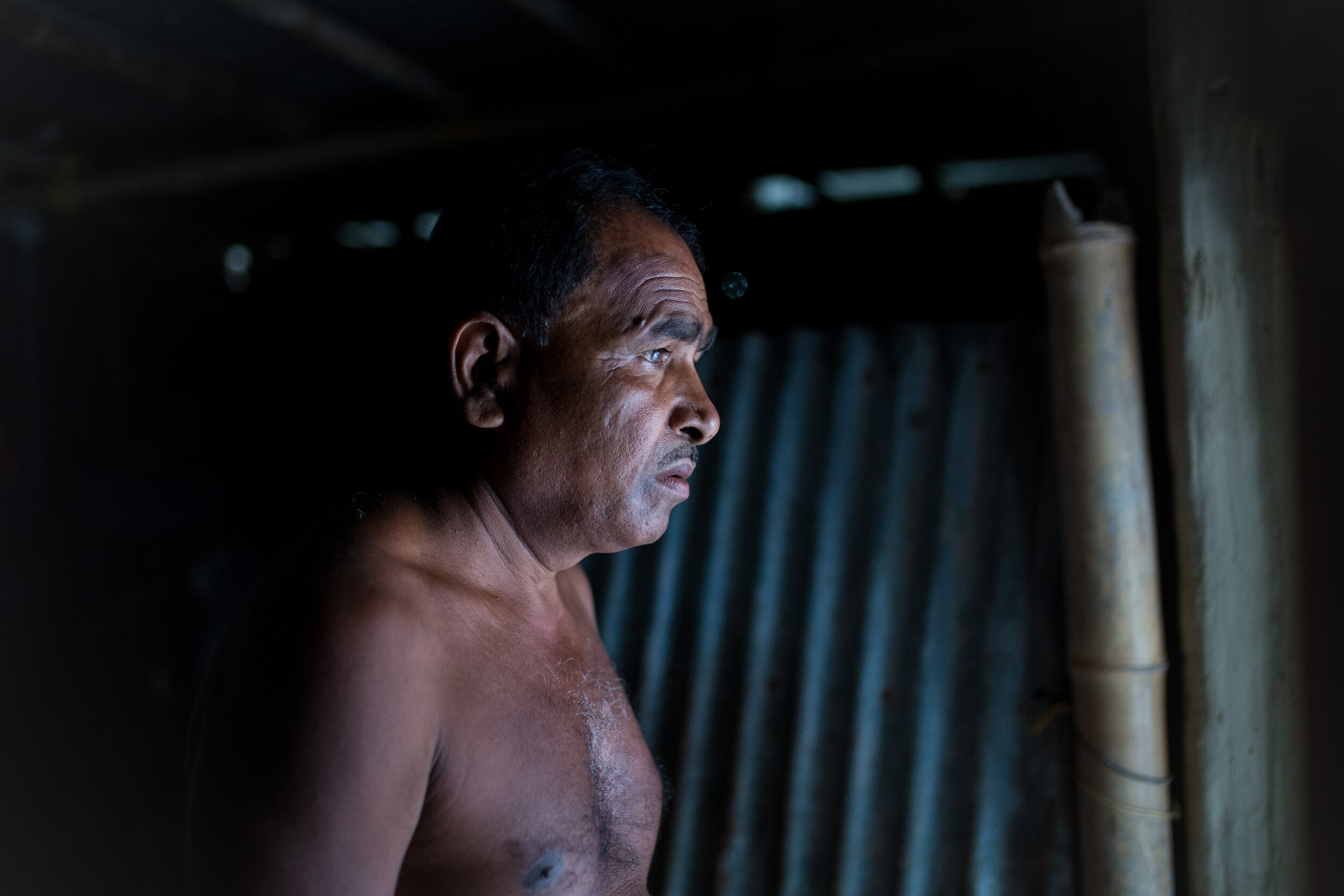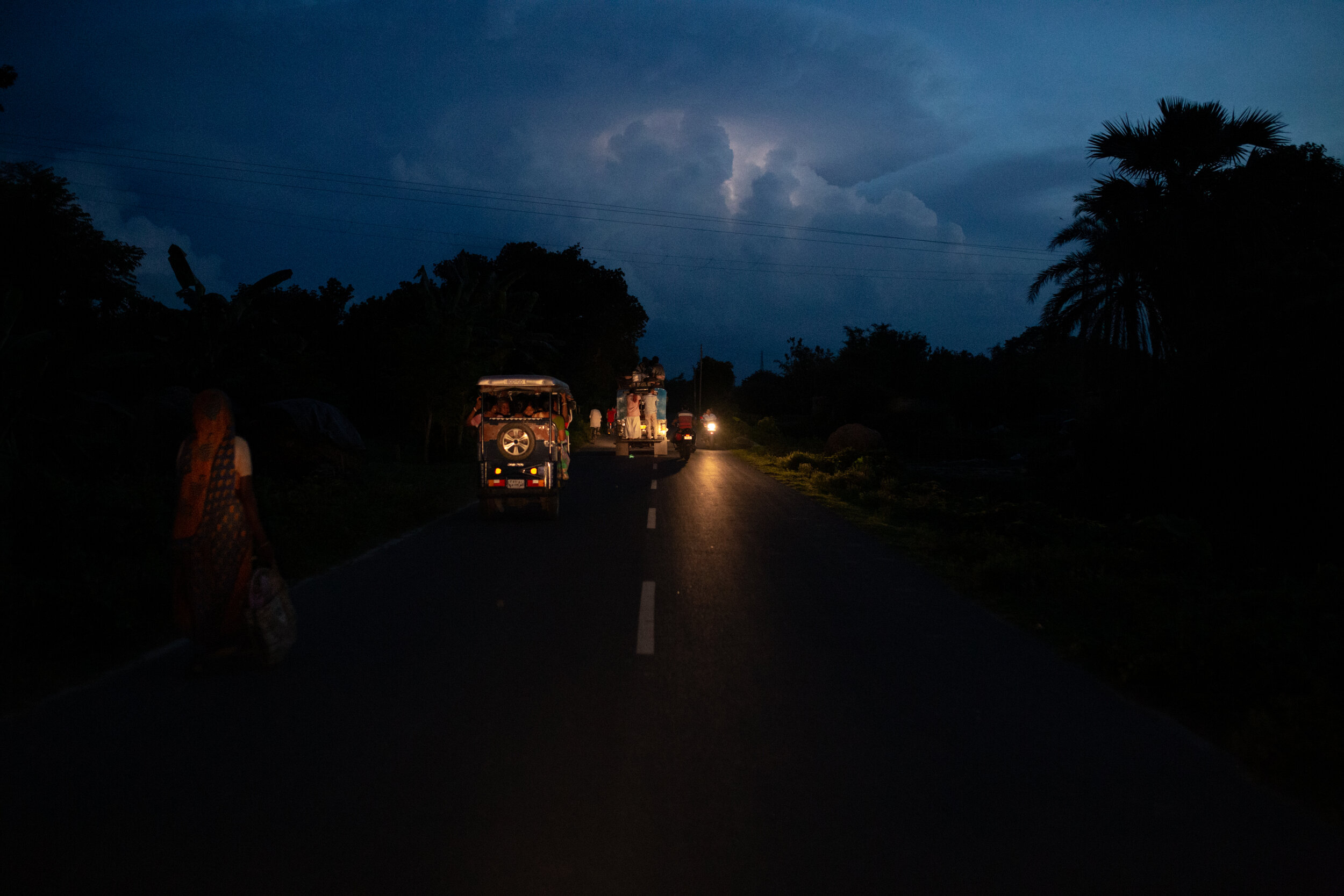Organ Bazaar
It is estimated that 200.000 kidneys are needed every year in India. Rapidly changing diets and lifestyles are the cause of the rising kidney disease problem. This demand for organs has spured a black market that preys on the poor and destitute. Usually, the traffickers target debt ridden farmers or families in slums that are in dire need of money. They promise life changing amounts of cash but in the end, they receive only a small amount, or none at all. Organ Trafficking often affects women, as the men are usually seen as the breadwinners of the family.
This work is represented by Institute Artist
India, 2018
After reading about the work of professor Nancy Scheper-Hughes, I decided to embark on a project about this issue, having felt the weight of disease in my own family’s life. I could sympathize with the desperation some families feel when faced with difficult healthcare choices and was distraught over the fact that I had never heard about organ trafficking before. After many months of research, India emerged as a hub for this modern day black-market trade.
Touching down in Chennai, the medical capital of India, an ancient city where my colonizing ancestors had left a mark many centuries before in a ruthless effort to expand an Empire, I felt burdened by a history of white exploitation of Indian stories. Determined to work with local organizations and journalists, I wanted to tell this story in an honest and open way, that would at the same time, provide a glimpse into a secretive operation, and to provide a human face to a personal tragedy. In Chennai, after about a month of on the ground research I came across the first men and women who had sold a kidney to support their families. During the following months, I would interview with great detail four individuals that I could prove had sold their organs, and met countless others with similar stories of running out of choices.
In Chennai, where I was assisted with reporting by Laasya Shekhar, many of the donors were victims of a tsunami and had lost all their possessions. Shortly after a refugee camp was brought up, the kidney brokers started to come in. Year in and year out, slowly it became a common practice among them. If you have debts, or if you need to pay a dowry, or if your husband is an alcoholic and cannot support the family, you don't have a lot of choices but to sell a kidney. In my experience, I discovered that the trafficking affects women more, as men's bodies are seen as vital to the household economy. So women sell their organs, putting their family's well being in front of their own.
In Uttar Dinajpur, West Bengal, where I collaborated with Caritas and SMOKUS, I discovered a different story, where instead of shame, there was a sense of normalcy in certain communities, in which it was common practice to sell an organ, seen as a clean and easy way to make some extra money. It was in one of these communities where I was menaced by local thugs on payroll from the kidney broker, and told that if I ever came back, I would be killed. Luckily, and thanks to my fixer Gautam, I was able to walk away unharmed.
The issue of Organ Trafficking in an extremely complex and intricate subject that shows how inequality is rampant in modern day Indian society, and elsewhere. In West Bengal, Gautam said to me after my first few days there: “In this faraway place, where there are only villages, this might seem like it is the ends of the earth for you. But for us, you are the one that comes from the ends of the earth”.
